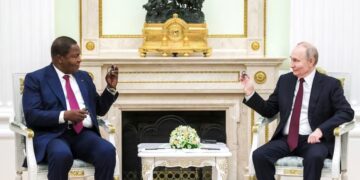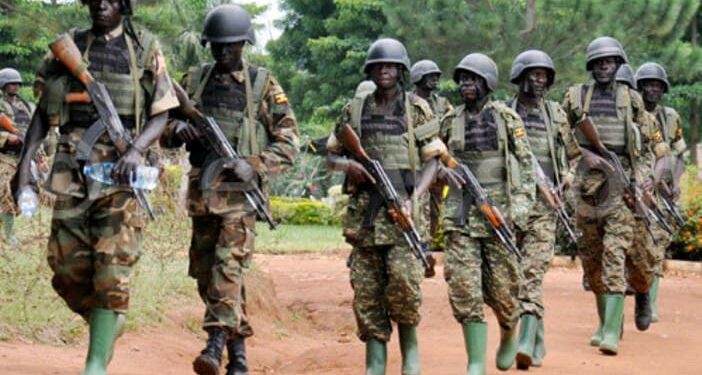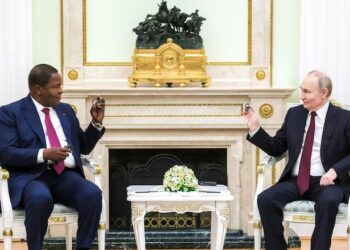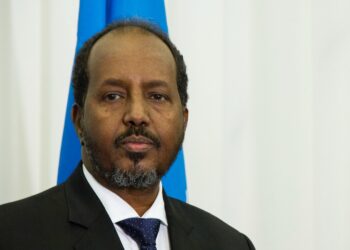By Ebi Kesiena
Uganda has heightening security and has commenced a massive search after Militants linked to the Islamic State group massacre of at least 41 people, mostly students, in western parts of the country near the border with the Democratic Republic of Congo.
While grieving families prepared to bury their dead in western Uganda on Sunday others desperately searched for loved ones still missing after the attack.
Earlier, the country’s first lady Janet Museveni while updating on the current situation on Saturday evening said the government was still investigating the whole incident.
Museveni noted that the army would track down “these evil people and they will pay for what they have done”.
“The government through the security agencies is trying to follow up on what actually happened. And it is on the top of the situation, we believe that justice will prevail,” she said.
Officials and witnesses said guns and knives were used in a grisly late-night assault and dormitories were set ablaze at Lhubiriha Secondary School in Mpondwe.
Some students recounted the incident terming it horrific.
“We hadn’t yet fallen asleep when we heard people arriving and saying: open up, open up! We didn’t reply. Then they started shooting at the windows and the door. We went to hide under our beds on the floor. As they continued to shoot at the windows, one of us was hit by a bullet and started shouting: “Help, come and help me! When they couldn’t open the door, they continued to shoot at the windows, then set fire to our dormitory while we were inside. They then moved on to the girls’ dormitory,” said Mumbere Edgar Dido, a student who survived the attack.
Also, Pope Francis offered a prayer on Sunday for “the young student victims of the brutal attack” that has shocked Uganda and drawn condemnation from around the globe.
The African Union, France and the United States, a close ally of Uganda, offered their condolences and condemned the bloodshed.
UN Secretary General Antonio Guterres said: “Those responsible for this appalling act must be brought to justice.”
But questions have been raised about how the attackers managed to evade detection in a border region with a heavy military presence.
However, Major General Dick Olum told AFP that intelligence suggested the presence of the militants in the area at least two days before the attack, and an investigation would be needed to establish what went wrong.




































